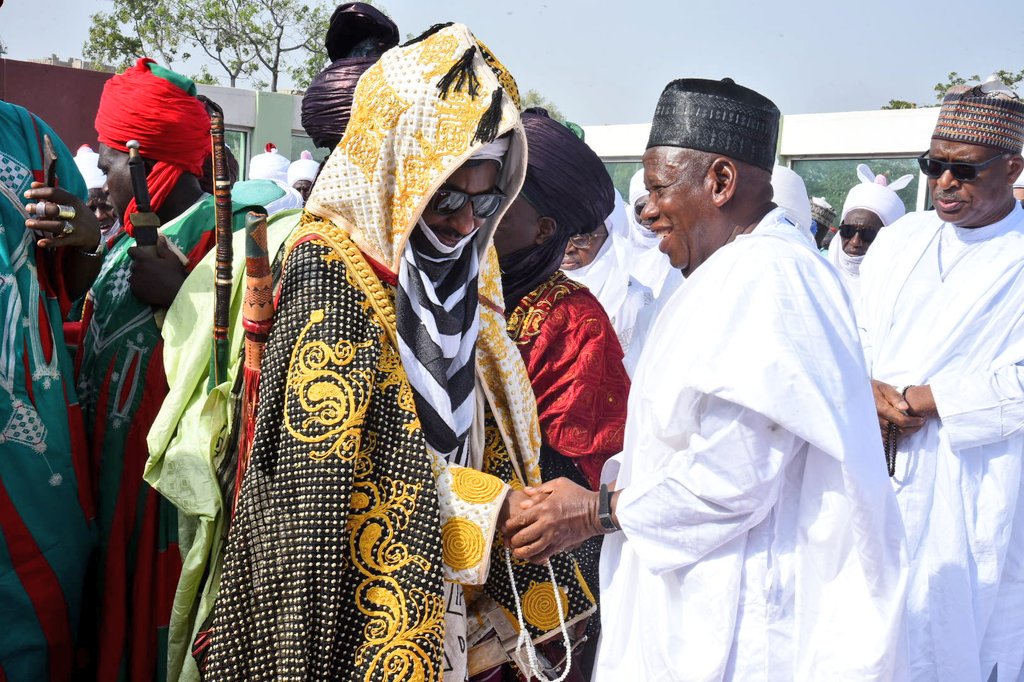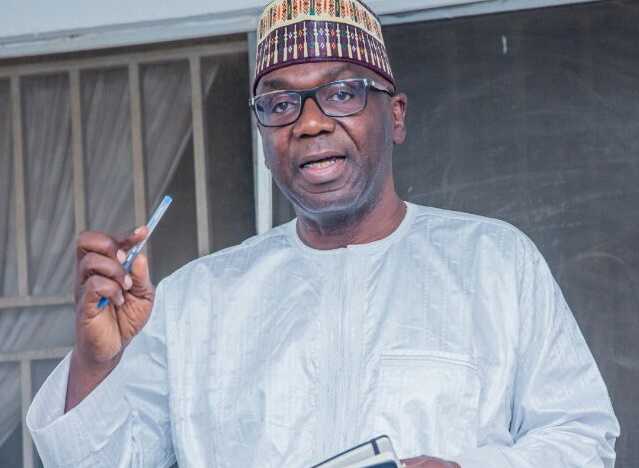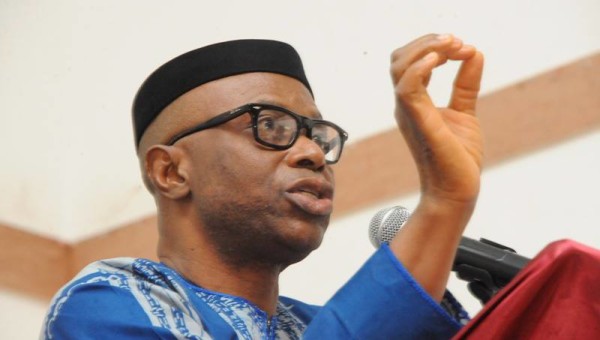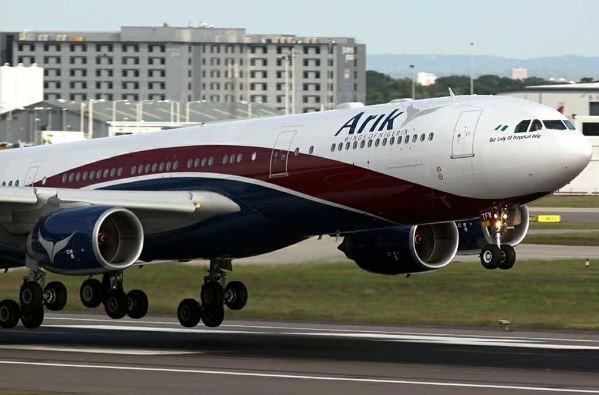When Emir of Zazzau late Mallam Jafaru Dan Isyaku died in 1959, a lot of people had thought that Ciroman Zazzau Aminu, elder brother to the then influential Magajin Garin Zazzau, Alhaji Nuhu Bamalli would ascend the throne as the 17th Fulani Emir of Zazzau. This was because of Nuhu Bamalli’s close affinity with late Sir Ahmadu Bello, Sardauna of Sokoto and Premier of the defunct Northern Region, being a formidable force in Northern People Congress (NPC) and also a serving member of Federal House of Representatives in Lagos. But alas, as Allah would have it, Ciroma Aminu lost out to his namesake Alhaji Muhammadu Aminu and hence did not hesitate in paying allegiance to the new Emir as royal tradition demands.
16 years later, the Zazzau throne became vacant yet again after the demise of Emir Muhammadu Aminu in 1975. In a twist of fate, Nuhu Bamalli’s name erupted amongst the top contenders for the coveted seat alongside Dan Iyan Zazzau Dr. Nuhu Bayero and late Dangaladiman Zazzau, Alh. Umaru Idris – elder brother to the incumbent Emir Dr. Shehu Idris. All the three candidates lost out to the 39-year-old much younger and rather less influential Shehu Idris who became the 18th Fulani Emir of Zazzau. This they accepted as the will of God, paid allegiance to the new Emir and moved on with their normal lives as any true prince would do.
However, Nuhu Bamalli’s fate came under serious test when the then Military Governor of North-Central State, Brig. General Abba Kyari of blessed memory consoled him with the idea of excising Jaji town up to Kaduna metropolis and beyond out of Zazzau Emirate to make him the novel ‘Emir of Kaduna’. But as the true prince that he was, the offer was outrightly rejected. He was said to have politely told Gen. Kyari that he inherited the throne of Zazzau not that of Kaduna, and would not like history to record him as the man who led to the destruction of their most cherished heritage because of personal ambition and greed. He was noted have said that if it was the will of God that he would be Emir, the exalted God would make him. If not, he prayed that someone in his lineage would one day enjoy such benevolence. Magaji Nuhu Bamalli eventually died in 2001 without seeing his most cherished and noble aspiration coming to fruition. Whether someone from his lineage would be crowned as Sarkin Zazzau one day, is a matter for the pregnant and unpredictable future to decide.
The above rather long and somehow boring historical narration is important to understanding the dangerous precedent that has been set in Kano with the balkanization of the once noble Kano Emirate by politicians. Sadly, with the active connivance of the some princes from the late Emir of Kano Abdullahi Bayero’s lineage due to sheer greed, unmitigated thirst for power and blind personal ambition devoid of consideration for larger consequences for the throne.
Advertisement
The 14th Emir of Kano Muhammadu Sanusi II is not the first Emir to be deposed in the North. His grandfather Sir Muhammadu Sanusi I was deposed in 1963 by the Sardauna of Sokoto, the 18th Sultan of Sokoto His Eminence Ibrahim Dasuki was deposed in 1996 by Gen. Abacha and more recently Emir of Gwandu Jokolo was dethroned in 2005 by Gov. Adamu Aleiro allegedly under the instruction of President Obasanjo. But in all these, Emir Sanusi II’s case remains the most dramatized, politicized and prolonged deposition stunt orchestrated ever.
Internal crises brewed after the debacle of the Emir Ado Bayero’s clan to succeed their late father who ruled Kano for 51 years with distinction and deep reverence. Ado Bayero was in a class of his own. He represented everything that was expected of a king. He was a gentleman per excellence. Unlike Sanusi II, he was an introvert and therefore more economical with his choice of words. But despite of his reserved nature, Alhaji Abubakar Rimi as Governor of Kano State in 1981 still fell out with Emir Ado. Balkanized the Emirate, denigrated him in public and threatened him with deposition.
As if the wrath of the state government was not enough, Emir Ado Bayero and his bossom friend, the Oni of Ife Oba Okunade Sijuwade were suspended from their respective positions for six months by the Buhari/Idiagbon regime in 1984 for travelling to Israel – a country which Nigeria had severed relations with. So the argument that Emir Sanusi’s public utterances led to his eventual fall is put paid to by the story of his predecessor, Ado Bayero, painted above.
The eventual debacle of Emir Sanusi II was best captured by a commentator Ibraheem A. Waziri on Facebook when he said that the only difference between the trials of Ado Bayero under Rimi and Sanusi under Ganduje is “luck”. Luck ran out of the latter. It couldn’t have been better said.
Advertisement
In a nutshell, owing to its historical significance and relevance, Kano Emirate should never have been balkanized. And much more, a member of the Emir Dabo lineage should never have allowed history to record him as being part of that unfortunate incident. Kano Emirate is not the same again.
The Kano incident should be an eye opener to all royals in Northern Nigeria. Royals should imbibe the culture of loyalty and total submission to will of Allah SWT once He decides on anything, as exemplified by our forefathers. We should also learn to reject the danger of temptation, greed and lust for power orchestrated by personal ambition as demonstrated by Magajin Garin Zazzau, Alh. Nuhu Bamalli.
As the 14th Emir of Kano, Muhammadu Sanusi II interred as a note of acknowledgement on his deposition letter, quoting verse 3:26 from the Holy Qur’an – ‘Say: O Allah! Owner of Sovereignty! Thou givest sovereignty unto whom Thou wilt. Thou exaltest whom Thou will, and Thou abaset whom Thou wilt. In Thy hand is the good. Lo! Thou art Able to do all things.” These supreme words are sufficient for the wise.
May Allah guide Muhammadu Sanusi II as he embarks on another journey out of Gidan Dabo.
May God guide the new Emir of Birnin Kano, Alh. Aminu Ado Bayero. Ran Sarki ya dade!
Advertisement
Bashir writes from Lagos and tweets @Bashir_Dabo
Add a comment







